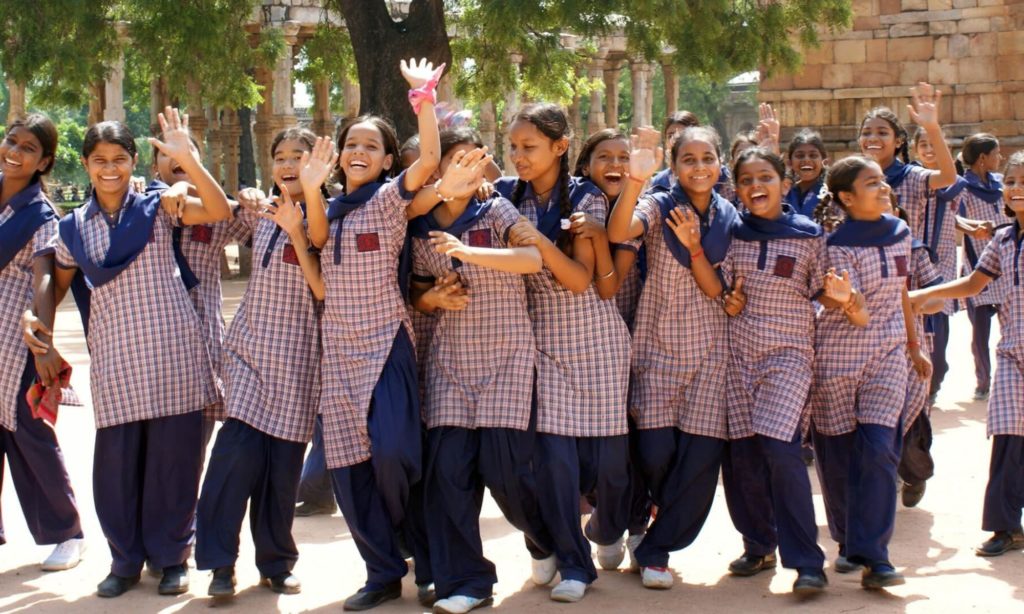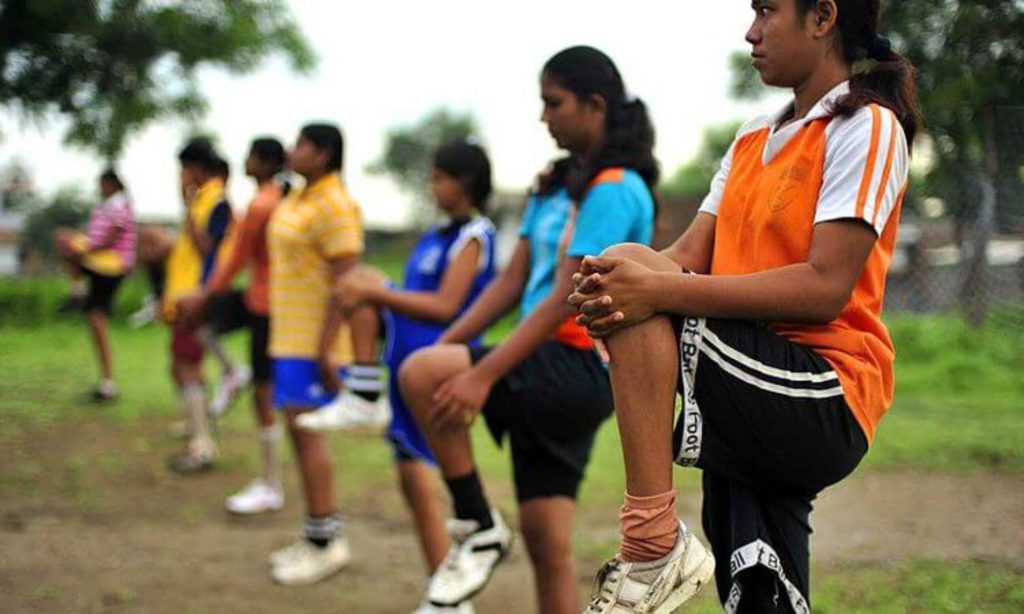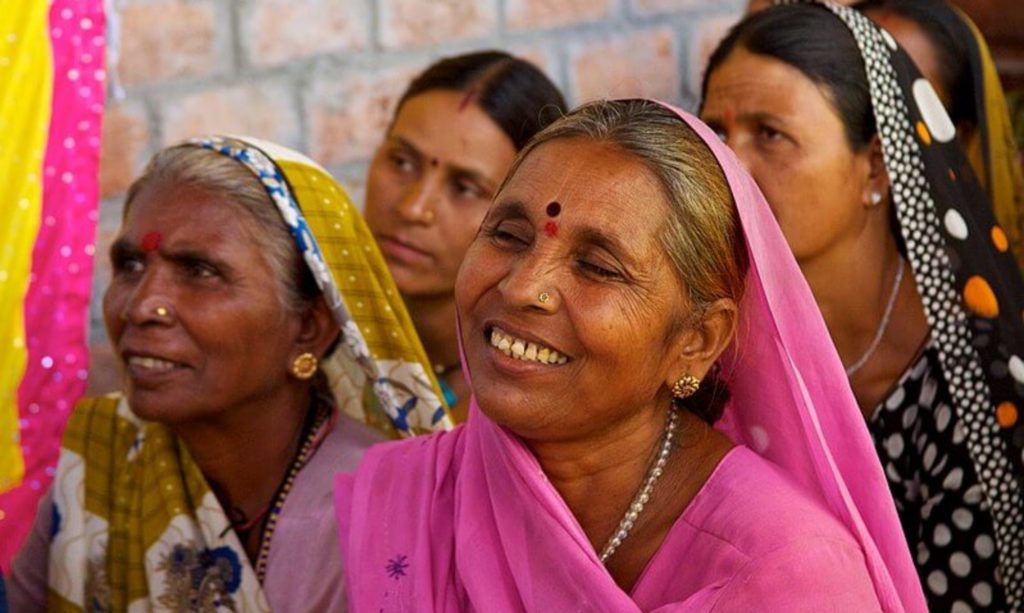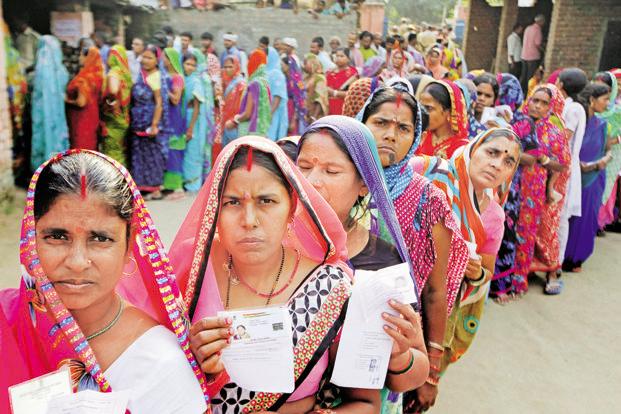Dowry remains India’s abiding shame
In the run-up to the International Women’s Day, it’s good to celebrate the undeniable gains on our road to gender equality. But it’s also worth remembering just how far we have to go — and how little has changed. Six decades after the Dowry Prohibition Act of 1961, the continuing prevalence of dowry remains India’s national shame. The 2019 National Crime Records Bureau data tells us that a woman is subject to cruelty by her husband and in-laws every four minutes. (Reuters) Her name was Ayesha. She was 23, worked at a bank and was hoping to complete a master’s…
Shake power structures to give women dignity
The MeToo Movement undoubtedly gave a few women a voice and a platform, but it left out the vast majority of India’s working women, women employed as domestic workers, in brick kilns, as farm labourers, in garment factories. Dalit, tribal, trans and marginalised voices were never heard. Despite new laws passed in the aftermath of the December 2012 gang rape, India’s women continue to fight a battle of endemic sexual violence. (AP) The asymmetrical shape of power that colours sexual abuse was on display on February 17 when former minister MJ Akbar entered courtroom 203 on Rouse Avenue. Escorted by…
The conversation India refuses to have
In the past few years, India has broken traditional silences on sexual abuse, on consent, and on the rights of sexual minorities. It’s time to break another traditional silence It takes courage to push a conversation that evokes almost zero public sympathy in an audience that is inclined to believe that consent has no place on the marital bed(Shutterstock) Accused of a crime that carries the death penalty, the woman will not reveal her truth. She is too ashamed to say that her husband, an upstanding, respected lawyer, used to rape her. Criminal Justice: Behind Closed Doors is a fictional show.…
India’s 2020 Gender Report Card
The end of a year is a good time to take stock – just how much we’ve achieved, how much more must be done and, this year in particular, how much is in danger of being lost We do know that the pandemic’s economic impact has been higher on women. At the end of the year, 13% fewer women (2% fewer men) than the previous year were employed, according to the Centre for Monitoring Indian Economy.(HTPHOTO) In a number-crunching Covid world—infections, cases, deaths — here are some others, less grandiose but significant all the same: Seven, eight, nine. Seven is…
Covid-19: A distressing spike in violence
To stop gender-based violence, target attitudinal change through interventions in education, ad campaigns and other behaviour change communication A study of violence during the lockdown by Saravana Ravindran and Manisha Shah published on(AP) Head bleeding, the woman had managed to get to a police station in Delhi only to be told to come back with a mask. Elsewhere, another victim of domestic violence was chastised: “People are dying and you want to file a case for such a small issue.” The two incidents, documented in a seven-state survey, At Home, At Risk by a consortium of eight non-governmental organisations (NGOs), highlight the…
In defence of the right of women to choose
The solution is not to ban interfaith marriage, as this ordinance effectively does, but to make it easier for citizens to exercise their autonomy, regardless of parental approval At the heart of the issue is a fight for our rights as women to lead independent lives with dignity(Shutterstock) Twenty years ago, Asif Iqbal wanted to marry the love of his life, Ranu Kulsheshtra. Neither wanted to convert and, so, the Special Marriage Act (SMA) enacted in 1954 for interfaith couples — and those who wanted a secular marriage — was the obvious, and only, option. But the marriage officer at…
The drastic rise in online child sexual abuse
Online child sexual abuse is worse than the pandemic that has resulted in its horrific rise. Increasing economic vulnerability and kids out of school have contributed to a 400% increase in the sexual exploitation of children in videos in 2020 On November 14, news of a raid in 76 cities by the CBI led to 83 arrests for making “obscene videos of children” (AFP) She was barely 14. He was six years older and promised his undying love. Then he raped her, filmed the act, and coerced her into having sex with other men. That video remained in circulation. Finally,…
Covid-19: Preserving the gains on education | Opinion
It’s the job of institutions and government to provide infrastructure. We need a coherent policy tailored to specific regions and needs that will look at the complexities of online learning. It’s the job of institutions and government to provide infrastructure. We need a coherent policy tailored to specific regions and needs that will look at the complexities of online learning. In Kerala, a 14-year-old girl set herself ablaze in June because she could not attend online classes since she didn’t have a smartphone. Kerala is one of the few states that offers classes on TV, but the set at home…
Mind the Gap | Coming out is not a ‘one-step process’
In India, there’s no one-size-fits-all coming out story. While some members of the LGBTQI community are lucky to have supportive families, others pay a heavy price In a society where the Indian Psychiatric Association clarified only as recently as 2018 that homosexuality is not a mental illness, where there is as yet no explicit ban on unscientific “conversion” therapies and families can force LGBTQ children into an array of quack treatments, coming out can be daunting and, worse, downright dangerous. (HTPHOTO) The Big Story : Kal Penn and Other Coming Out Tales Actor Kal Penn, one of Hollywood’s most prominent…
Expanding the ambit of the MeToo movement | Opinion
India’s #MeToo movement left out the voices of 195 million women in the informal sector Many women employed in the informal sector have normalised sexual harassment as one of the many workplace hazards. Like their counterparts in the formal sector, they don’t speak up because they are either unaware of their legal rights, scared of repercussions from powerful bosses, loathe to lose jobs or, even, reluctant to complain for fear that their families might prohibit them from going back to work.(AP) When India’s loud, impossible-to-ignore and pugnacious MeToo movement erupted on social media two years ago this month, an important…
How The Special Marriage Act Is Killing Love
The withdrawal under social media pressure of a Tanishq ad that depicts an interfaith marriage tells us that even in modern India some alliances continue to be out-of-bounds. Provisions in a law that enables secular marriage are, ironically, often a tool for harassment. My story with Surbhi Karwa for Article-14. The Tanishq jewellery advertisement that depicted interfaith marriage was withdrawn after the company succumbed to a coordinated hate campaign on social media. When she was in the fifth standard, the last of her four elder sisters got married, and her mother asked: “Who is going to help with the housework?”…
A model for rooted, inclusive journalism | Opinion
Khabar Lahariya, a women-led digital platform that today counts 30 reporters and stringers across 13 districts in Bundelkhand has, for close to two decades, been chronicling a side of India that is seldom written about. “The family is pleading that they have no strength to speak but the media has not stopped thrusting mics into their faces,” reported Kavita.(Manisha Mondal/ The Print) At Hathras, a gaggle of media and OB vans descended on the house gutted by tragedy. Reporting from the scene, Khabar Lahariya (KL)’s editor Kavita Bundelkhandi and reporter Meera Devi clambered up onto the roof to take a look. What…




